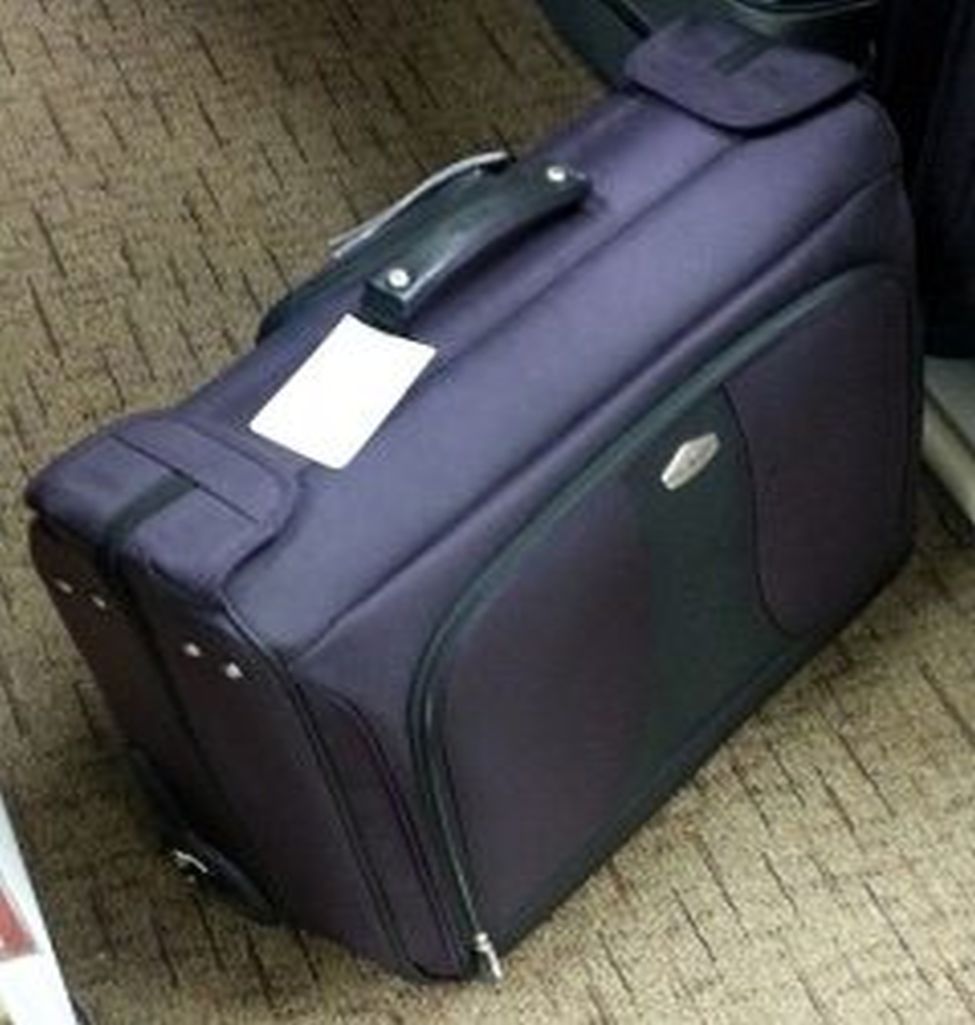As we head into the last quarter of the year, most business owners will start pulling together some of their receipts for the year and other items to give to their accountants (while some will wait until the last minute next March; which one are you? lol). That’s pretty important, but it’s more reactionary than progressive thinking when it comes to working on the financial stability of one’s business.
We like to talk about the process of budgeting when it comes to managing money. Most of the time it’s all about paying bills. For businesses, it’s a much different thing. It comes down to 4 specific financial considerations businesses should be looking at so they can plan their future.
1. Receivables
What we’re calling receivables you might just be calling “pay”. It all depends on whether you collect your money up front or if you bill people and they pay you later. You need to budget this for three reasons. One, it tells you how much money you’ve made. Two, it helps you figure out how much money you want to make the next year. Three, if you haven’t been paid by some of your clients it lets you know who they are, who to follow up with, and who you might not want to work with in the future.
2. Liabilities
Liabilities for business are different than just thinking about bills that need to be paid. Liabilities in this case are those things that are pretty much set in stone where, if you don’t pay them you could lose something as far as it concerns your business. If you’re paying for your office space monthly, that’s included here. If you’re paying for insurance for your employees, or a company to handle your payroll, it all goes here.
3. Expenses
Expenses are those things where the value changes from month to month, as well as being something you might be able to control and reduce. Mileage is one of those things that changes monthly. General supply costs such as paper, pens and other things like that are another. When things are tough financially this one could spell the difference between shutting down or monitoring costs for better efficiency.
4. Capital Equipment
Many businesses will try to buy equipment for their business before year end. If it’s budgeted for the previous year, you might be able to buy that equipment whenever your needs hit because you know how much you’ve going to make and how much you’re already paying out. Things like computers, printers, or other equipment that’s costly and that you can write off should be a part of the process, especially if there’s something you need to purchase once a year.

